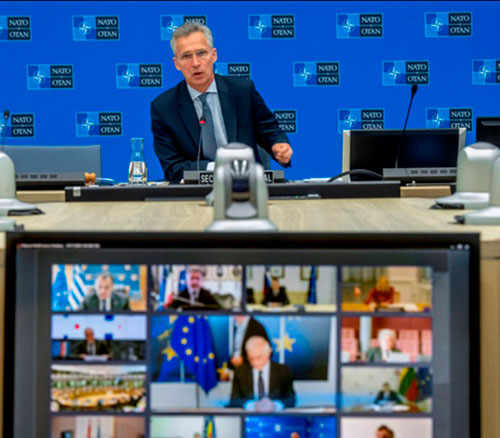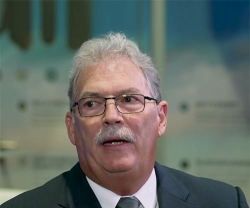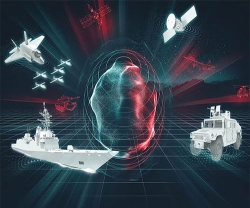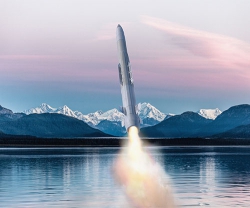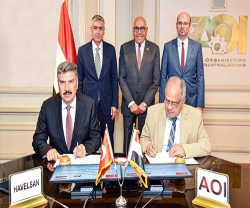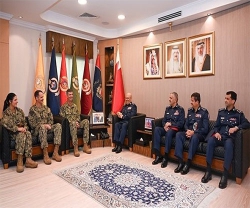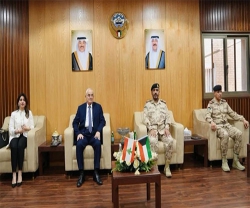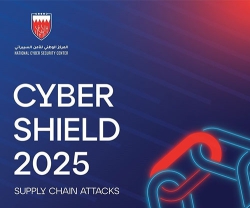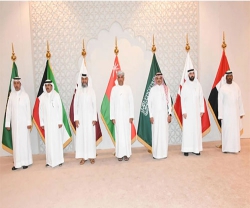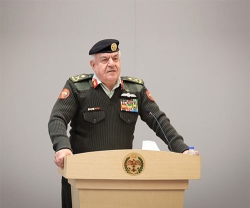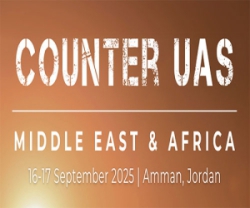European Defense Ministers exchanged views on the actions taken in response to the COVID-19 pandemic via a videoconference on Tuesday, the Croatian Presidency of the Council of the European Union (EU) said in a statement.
Josep Borrell, EU High Representative for Foreign Affairs and Security Policy, chaired the videoconference that included Defense Ministers of EU member states, NATO Secretary General Jens Stoltenberg, and officials from the United Nations and European Commission.
The theme of the videoconference was the strategic implications of the COVID-19 pandemic in the field of security and defense, including existing defense initiatives and the implementation of European Union missions and operations.
The ministers welcomed the establishment of a task force led by the EU Military Staff to better exchange information and share best practices among EU member states on the contribution of the armed forces in dealing with the pandemic.
Croatian State Secretary Zdravko Jakop, who represented the Croatian Defense Ministry after the minister here resigned last week, said that solidarity and coordination between member states are the key criteria in successfully dealing with the pandemic.
Jakop said security risks have not disappeared with the pandemic. He noted that it is necessary to continue EU defense initiatives such as the Permanent Structured Cooperation (PESCO), and the European Defense Fund (EDF). These initiatives are a good platform for improving cooperation and developing operational capabilities for a rapid and effective response to the crisis, he said.
For his part, NATO’s Secretary General (photo) welcomed the close cooperation between NATO and the European Union, saying this is “more important than ever to help our respective members and partners, strengthen the resilience of our populations and fight disinformation”.
He underlined that NATO is doing its part to support nations, including by airlifting supplies, sharing medical expertise, developing innovative responses, and deploying Allied militaries to support civilian authorities. He further underlined that the Alliance remains fully committed to its mission of providing peace and security for our citizens.
Security challenges have not diminished because of COVID-19 and potential adversaries will look to test NATO’s resolve, the Secretary General warned. He highlighted that, as NATO responds to the pandemic, it is also preparing for the long-term effects of COVID-19 and working to help Allies bolster their resilience.

